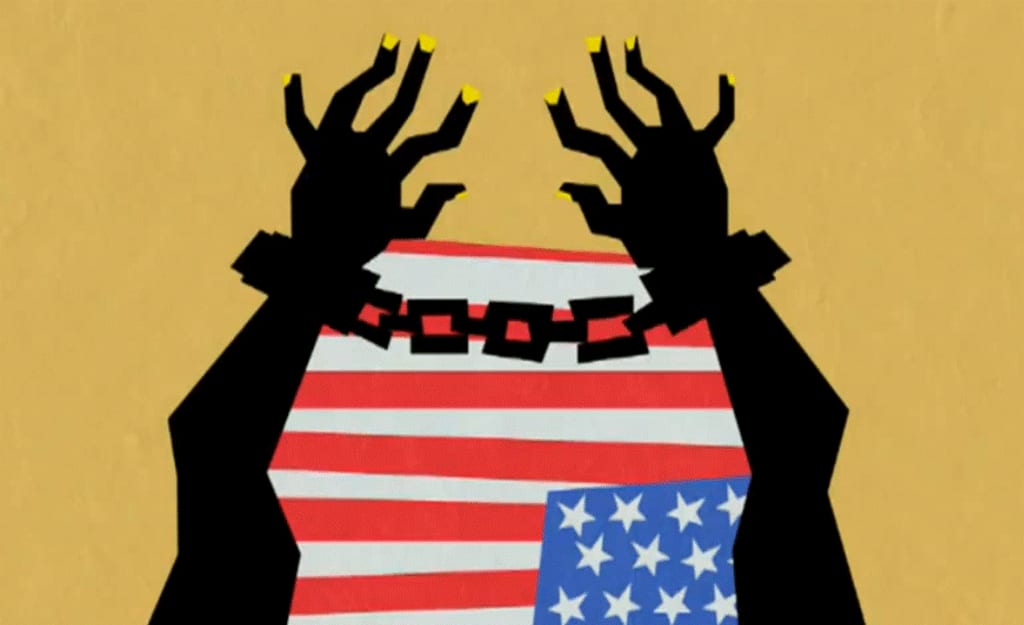
I have two very important and interesting questions that I want you to answer before AND after you read this article.
What, to the American Slave, is the your Fourth of July?
Is the Fourth of July truly Independence Day?
On July 4th, 1776, America declared its independence from Britain, and now 243 years later Americans still celebrated this declaration. Businesses close, banks close, and people take off work just to cookout, swim, and light fireworks. The Fourth of July is a nationally recognized holiday, but should it be?
In a 1852 speech, Fredrick Douglass posed a great question: "What, to the American Slave, is Your Fourth of July?" When Douglass gave his speech slavery was very much alive, and would be until “1863” unofficially and officially end on June 19th, 1865.
In school we’re taught that when Abraham Lincoln gave the Emancipation Proclamation on January 1st 1863 all slaves were instantly free and blacks were fully integrated into society. This was definitely not the case. After the Emancipation Proclamation slavery was still alive and well in the south.
It wasn’t until General Gordon Granger arrived in Galveston, Texas (on June 19th, 1865) and made southerners aware that slavery had been abolished that thousands of southern slaves were officially freed.
Even after Juneteenth, there were still barriers in place to keep black people from fully integrating into society. For example the 13th Amendment also came in 1865. The 13th amendment was supposed to prohibit slavery, but it simply transformed slavery into mass incarceration. Under this amendment slavery was prohibited, unless a person was found guilty of a crime. This coupled with black codes (passed in 1865 and 1866) reduced black folks to second class citizens.
The effect of the 13th Amendment still lingers today, with prisons being composed of 60 percent black people.
So, can the Fourth of July be celebrated as Independence Day if all folks on US soil weren’t independent of bondage on July 4th 1776? It was until 110 years later black folks were freed.
And were we really even freed then or were we just given the illusion of freedom and placed in a cycle of mass incarceration and poverty?
How can America celebrate a holiday founded on independence when at the America was still very much dependent on slave labor to fuel its economy?
How can America celebrate an Independence Day when in its origin black folks could not even work or live independently of their “masters”?
On July 4th 1776, America and its high ups may have been freed of its oppressor, but Black Americans were definitely not, so that makes the holiday void.
This article is not meant to halt anyone’s holiday festivities by any means. Have your fun, take the day off because you truly deserve it. While you’re celebrating, ask yourself however you chose to celebrate. Answer Douglas’s question. Ask yourself what you are celebrating and why.
If this article inspires you to look more into the history of the illusion of freedom I strongly encourage you to look into the resources used to write this article below listed below:
Ava DuVernay - 13th (Netflix Documentary)
- This documentary goes in-depth about what the 13th Amendment is thought to do and what it actually has done and is continuing to do to America and more specifically black Americans.
Michelle Alexander - The New Jim Crow (Book)
- This book focuses on how mass incarceration came to be and how it primarily effects black males.
Fredrick Douglass—"What, to the American, is Your Fourth of July" (Speech available in PDF)
- This speech was given by Douglass to an anti-slavery society the day after Independence Day celebrations in 1852 arguing the constitutionality of slavery.
About the Creator
Maya Ann
23, Black, Woman
Digital Content Creator
Twitter: @TheMayaAnn
IG: @TheMayaAnn






Comments
There are no comments for this story
Be the first to respond and start the conversation.